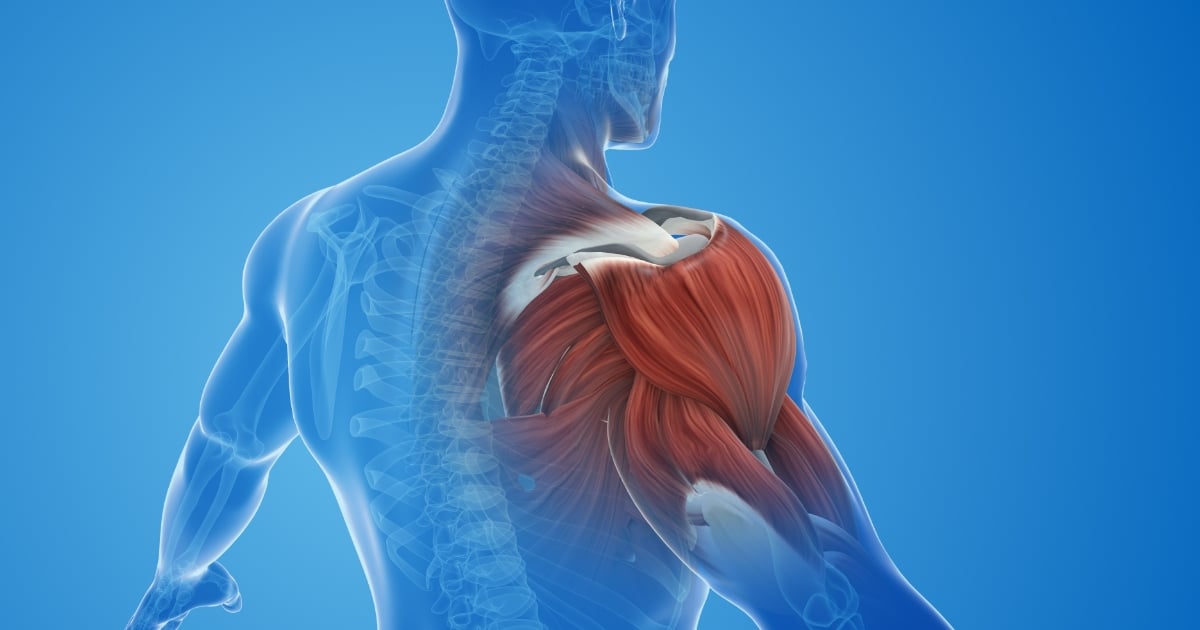The History of Exercise is Medicine
Recent studies have since supported the idea of exercise being as impactful for an individual's health as medicine is. This is not a new discovery. For much of history[1], exercise has been seen as a popular health recommendation by doctors for preventing disease and increasing longevity.
The Flexner Report [2]changed the progress of science to a greater emphasis on cure rather than the prevention of disease. Now, with advanced science and rising healthcare costs, it's time to explore the fusion of exercise and medicine. In understanding exercise, we understand our capabilities and potential, empowering ourselves and enhancing our lifestyles!

The Science Behind Exercise Benefits
Most people wonder how exercise leads to health benefits. The most popular evidence revolves around physical attributes to indicate healthiness. However, in scientific findings, there is a revolutionary study on a special exercise factor, proposed as myokines[3], that relates to fuel metabolism and its influences on the body's organs. Myokines are proposed to be the stimulus for whole-body homeostasis, acting like a polypill[4] by managing symptoms, such as hypertension, dysfunctional insulin, and even depression.

Myokines function by organ-to-organ communication, but before this process, lactate is supposedly the signaling molecule that turns on certain genes to produce myokines. Lactate production occurs after anaerobic metabolism when a certain exercise intensity is reached.
Myths of Exercise[5]
Before figuring out which workouts to do to better your lifestyle, let's debunk some common exercise myths to clear up any confusion:
- You can target which fat to burn: Working out a certain body part will not guarantee fat burn in that area. Our bodies decide where to store fat and where we lose it from first.
- You need to spend lots of time to reap the benefits of exercise: Exercise varies and duration is not the only factor that leads to health benefits.
- Stretch before exercise: There are not so many benefits of stretching before or after exercise in preventing exercise injuries. Stretching is most effective for muscle movement. Your form during exercise is the most determinant of injuries.
- Working out means I can eat unhealthy: Food is fuel, but consuming a bad diet could risk regaining and even adding more calorie intake. Most people underestimate the calories in fast food[6].
- If the number on the scale does not change, then the exercise isn't working: Numbers on a scale mostly depend on your recent activities, such as your water and food intake and the time of day you are weighing yourself. Likewise, people often experience an increase in number on the scale after exercise, and this is because of muscle development.

What Kind of Exercise Should You Do?
Exercise doesn't have to be complicated. Whether you prefer the gym or home workouts, the key is finding what works for you! Consider both low and high-intensity options, mixing cardio and strength training for optimal results.
However, keep in mind the exercise intensity[7]. If it is a low to moderate intensity, the exercise will be most productive after an hour due to anaerobic dependency. Aerobic exercise focuses more on endurance with a maximum heart rate ranging from 40-50%[8] and, therefore, a longer duration would be even better.
Low to moderate-intensity exercise examples include:
-
Jogging
-
Cycling
-
Swimming
-
Dancing
-
Hot Yoga
- Housework and chores

As for high-intensity exercise, it is best to stay within the range of not collapsing from exhaustion to not risk damaging your muscles. Particularly, exercising at 80-95% of your maximum heart rate is considered high-intensity activity. High-intensity exercise primarily depends on anaerobic metabolism for energy. This is short-term due to rapid energy bursts and easy fatigue.
High-intensity exercise examples include:
-
HIIT (High-intensity interval training)
-
Sprinting
-
Heavy weightlifting
-
Aerobics
-
Competitive sports (e.g. football, volleyball, basketball)
-
Plyometrics (e.g. burpee, box jump, drop squat)
Benefits of Exercising for Your Mind:[9]
Now that we've discussed the advantages of exercise for your body, let's not forget about your mind! Empowering yourself means taking care of your mental well-being too. Here are some of the many benefits of exercise:
-
Prevent Cognitive Decline
-
Improved Cognitive Functioning (e.g. learning and memory)
-
Enhanced Self-Esteem
-
Stress Resilience
-
Mood Regulation (e.g. hostility, anxiety)
-
Increased Ability to Focus
-
Reduced Muscle Tension
-
Cognitive Benefits
-
Social Connection
There are so many reasons to embrace healthier habits every day! Whether you're seeking specific benefits from adopting these habits or simply looking for general exercise tips and tricks, we'd love to hear from you. Don't hesitate to join the conversation, drop a comment, ask any health-related questions, or contact us directly! Let's support each other on this journey to better health and wellness!

















